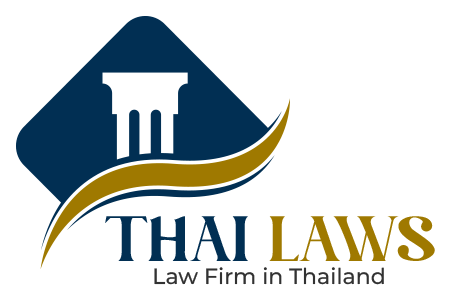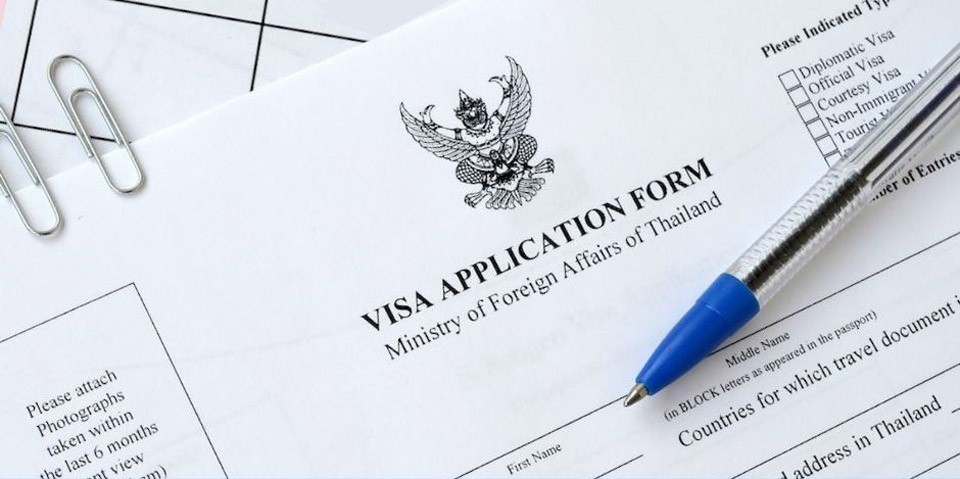Thailand Long-Term Resident Visa represents a departure from traditional Thai immigration models. Introduced via Cabinet Resolution in 2022, the LTR Visa is not merely an extension of existing visa categories under the Immigration Act B.E. 2522 (1979)—it is a multi-agency, policy-driven residency program with its own regulatory ecosystem. The program was established to attract high-value foreign nationals—those with wealth, skill, or economic relevance—into Thailand’s economy under predictable, stable, and preferential legal conditions.
Unlike common visa types, which often hinge on short-term employer sponsorship or retirement deposits, the LTR Visa provides up to 10 years of legal residence, integrated with streamlined work authorization, favorable tax treatment, and investment access.
II. Legal Framework and Institutional Mechanism
A. Source of Authority
-
Immigration Act B.E. 2522 (1979): Establishes core principles of foreign residency and stay.
-
Cabinet Resolution (2022): Empowers agencies to implement a distinct visa class for qualified foreign nationals.
-
Ministerial Regulations: Delegated to agencies such as the Board of Investment (BOI) and the Revenue Department for implementation and oversight.
B. Key Implementing Bodies
-
Thailand Board of Investment (BOI): Verifies eligibility, issues digital work permits, coordinates inter-agency approvals.
-
Immigration Bureau: Processes visa issuance, entry/exit management, and residence compliance.
-
One Stop Service Center (OSSVC): Administers centralized services including visa processing, renewals, and tax registration.
III. Visa Term and Administrative Structure
| Feature | Provision |
|---|---|
| Total Validity | 10 years (initially issued in two 5-year tranches) |
| Visa Type | Multiple-entry |
| Re-entry Permit | Not required |
| Address Reporting | Once per year (instead of every 90 days) |
| Health Insurance | Required (≥ USD 50,000) or enrollment in Thai Social Security |
| Work Permit | Optional (Categories 3 and 4); issued digitally via BOI |
The LTR structure prioritizes stability and integration over routine immigration control. It is especially useful for those seeking long-term legal certainty without the administrative overhead of annual visa renewals.
IV. Eligibility Categories and Economic Rationale
LTR Visas are not open to the general foreign population. They are limited to applicants who meet specific quantitative and qualitative thresholds across four policy-defined categories.
1. Wealthy Global Citizens
-
Income: USD 80,000/year (last 2 years).
-
Assets: USD 1 million in net worth.
-
Thai Investment: Minimum USD 500,000 in real estate, bonds, or equity.
Policy Rationale: Attract globally mobile investors capable of long-term capital deployment within Thailand.
2. Wealthy Pensioners
-
Age: 50 years or older.
-
Income: USD 80,000/year (or USD 40,000/year plus USD 250,000 invested in Thailand).
Policy Rationale: Provide a structured pathway for financially independent retirees who generate local consumption without public cost.
3. Work-from-Thailand Professionals
-
Employer: Foreign company with ≥ USD 150 million annual revenue.
-
Income: USD 80,000/year.
-
Experience: Minimum 5 years in the field.
-
Work Type: Fully remote.
Policy Rationale: Leverage remote workforce trends without displacing domestic labor.
4. Highly Skilled Professionals
-
Income: USD 80,000/year (or USD 40,000 with graduate degree).
-
Employer: BOI-endorsed Thai company or public agency.
-
Sectors: Robotics, AI, clean tech, aerospace, etc.
Policy Rationale: Import human capital into critical, innovation-driven sectors aligned with Thailand 4.0.
V. Employment Rights: BOI Digital Work Permit
Categories 3 and 4 are eligible for digital work authorization, distinct from traditional work permits governed by the Ministry of Labour.
Key Features
-
Issued by: BOI.
-
Validity: 5 years, renewable.
-
Exemption: Not subject to the 4:1 Thai-to-foreigner employment ratio.
-
Format: Digital only—no physical book.
-
Employer Eligibility: BOI-certified or government-affiliated.
This model decouples employment from bureaucratic labor compliance and allows highly skilled foreigners to engage in the Thai economy with minimal legal risk.
VI. Tax Treatment and Revenue Code Alignment
Thailand’s LTR program offers significant tax advantages, building on the territorial principle codified in the Revenue Code.
1. Flat 17% Personal Income Tax
-
Applies to: Category 4 (Highly Skilled Professionals).
-
Conditions: Must be employed by a BOI-endorsed entity.
-
Scope: Thai-sourced employment income only.
Legal Impact: Supplants progressive PIT rates (5%–35%) for qualified LTR holders.
2. Exemption for Unremitted Foreign Income
-
Codified in: Section 41 of the Revenue Code.
-
Condition: Foreign income is non-taxable if not remitted in the same year.
-
Applies to:
-
Remote workers paid into offshore accounts.
-
Retirees receiving pensions abroad.
-
Investors holding international portfolios.
-
3. Filing Requirements
-
Threshold: ≥183 days in-country = Thai tax resident.
-
Obligation: Annual personal income tax filing required even if income is tax-exempt.
VII. Real Estate and Investment Rights
Permitted:
-
Condominium Ownership: Allowed under 49% foreign quota.
-
Leaseholds: Up to 30 years (residential land or homes).
-
Investment: Thai government bonds, BOI projects, and listed equity markets.
Prohibited:
-
Freehold land ownership: Not permitted under Land Code Section 86. LTR status does not override this restriction.
VIII. Family Inclusion and Dependent Rights
LTR holders may sponsor up to four dependents:
-
Spouse (legally married).
-
Children under 20 years old.
Dependent Benefits:
-
Same visa validity (10 years).
-
Access to education in Thailand.
-
Spouse can apply separately for a work permit (if qualified).
-
All applications handled under a single case file via OSSVC.
IX. Immigration and Operational Benefits
-
Re-entry permit not required.
-
Fast-track lanes at Thai international airports.
-
Centralized processing for all visa-related services.
-
No Thai employer sponsorship required for some categories.
These privileges reduce administrative complexity for foreign nationals with international mobility or cross-border financial activity.
X. Compliance Requirements and Revocation Risks
Compliance Obligations:
-
Maintain qualifying income, employment, or investment.
-
File taxes if tax-resident.
-
Maintain health insurance or participate in Thai Social Security.
-
Submit annual address reports.
Grounds for Revocation:
-
Fraudulent documentation.
-
Criminal conviction in Thailand or abroad.
-
Violation of immigration, tax, or labor law.
-
National security concerns.
Revocation is executed via BOI and Immigration Bureau, with potential for administrative appeal or clarification.
XI. Practical Case Scenarios
Case A: Canadian Software Engineer
-
Category: Work-from-Thailand Professional.
-
Employer: U.S. firm.
-
Income: USD 140,000.
-
Outcome: No PIT in Thailand if income not remitted. Visa + digital work permit obtained.
Case B: German Retiree
-
Category: Wealthy Pensioner.
-
Age: 68.
-
Pension: EUR 65,000/year.
-
Investment: USD 300,000 in Thai condominium.
-
Outcome: 10-year residency; avoids O-A visa requirements and deposit restrictions.
Case C: Japanese AI Researcher
-
Category: Highly Skilled Professional.
-
Employer: Thai BOI-endorsed robotics firm.
-
Income: THB 4.2 million/year.
-
Outcome: Pays 17% PIT. Spouse and child included as dependents under LTR scheme.
XII. Conclusion
The LTR Visa is a policy-centered legal structure—not just an immigration convenience. Its value lies in its integration of tax, labor, immigration, and investment law into a single, predictable platform. Unlike short-term visas or discretionary schemes, it offers clear entitlements for those who meet rigorous, economically aligned criteria.
For those qualified, it is the most comprehensive long-stay solution in Thailand—backed by statute, guided by national policy, and administered through professional channels.




